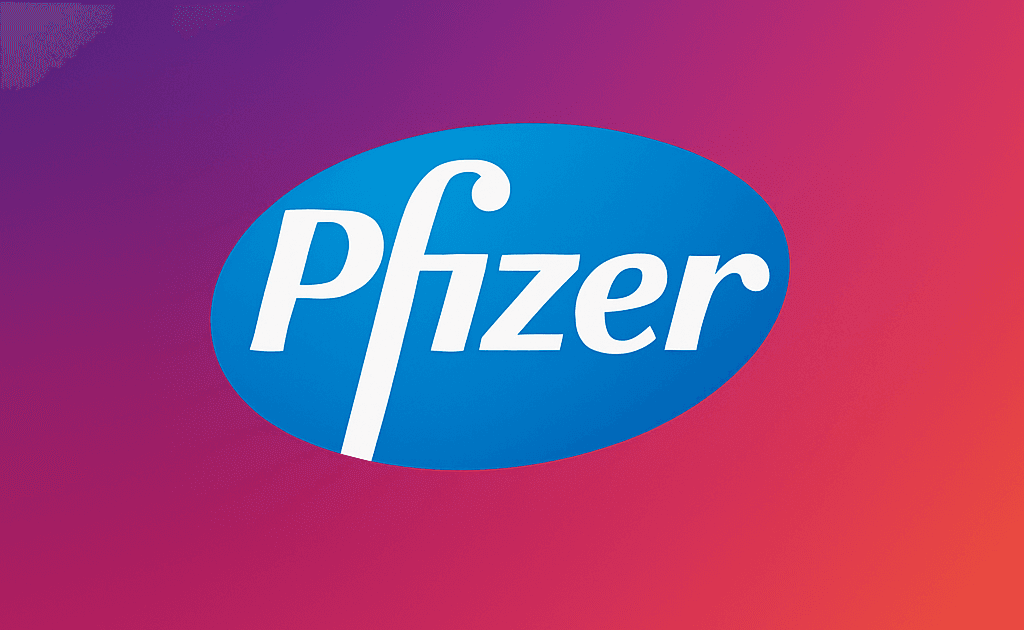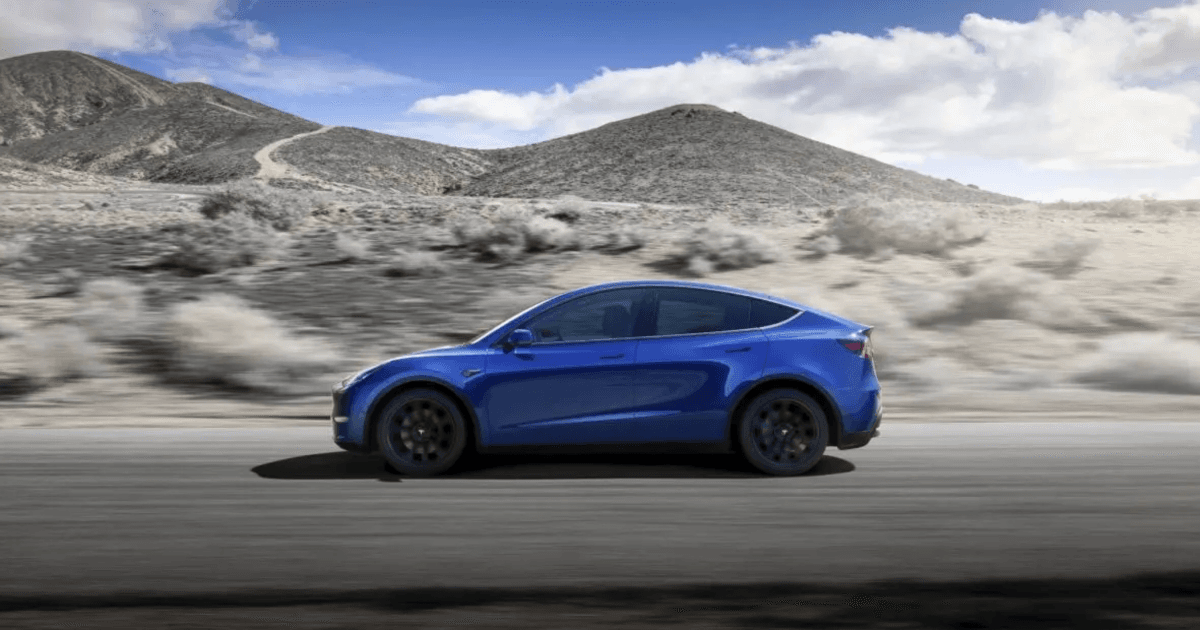Pfizer's $10 Billion Obesity Drug Deal Could Reshape Treatment for 137 Million Americans


A $10 billion deal came down to one phone call.
It was a week into an intense bidding war. The futures of two major drugmakers were on the line.
For one company, winning the deal would mean potentially keeping a major competitor out of a rapidly growing drug market. It would help seal its position for years to come.
For the other, it would mean owning a pipeline of potential blockbuster drugs in the fight against obesity... drugs that can help 200 million Americans or more.
The first offer was $4.9 billion. After a bunch of back and forth, the two companies were basically making the same bid... around $10 billion.
It might seem like a tough decision at that point.
Then on Friday, a phone call made it clear that there was a right choice. It came from the Federal Trade Commission ("FTC") with a warning. Within hours of the call, the bidding war was over.
Pfizer (PFE) won the bidding.
This breathes new life into Pfizer going forward. That's why, today, we are going to break down this deal. We'll cover what it can mean for those fighting obesity around the world today. And we'll look at whether the stock is a great opportunity based on our Stansberry Score.
The Bidding War That Could Transform Obesity Treatment for Millions of Americans
Pfizer and Novo Nordisk (NVO) were battling to buy biotech startup Metsera. Metsera is developing a new generation of weight-loss drugs. From its website:
Our vision is that trusted, convenient, and affordable medicines can scale to meet the demands of one of the leading health burdens of our time, and that healthy, sustainable weight loss and maintenance can be an empowering experience.
Now, Pfizer is widely known as a COVID-19 company. The $147 billion drugmaker helped develop the first COVID-19 vaccine. But since then, Pfizer has failed to develop any big winners in its drug pipeline. And it has been trying to develop its own obesity drug for years without success.
Novo, on the other hand, is one of two major players in the obesity drug market. You've likely heard of its two big names, Ozempic and Wegovy. Diabetes and obesity care make up 94% of Novo's revenue... You can see why they don't want another major drug company entering the space. But it wasn't really up to them...
You see, Novo kept outbidding Pfizer, but money wasn't the problem. In fact, Novo was ready to pay the majority of the payment upfront to sweeten the deal.
The potential problem is that if Novo's deal went through, it would squash competition and potentially violate antitrust laws.
The FTC was raising flags on this concern throughout last week.
Metsera then got a call from the FTC following up on a letter it sent. It was over the legality of Novo's deal structure. And while we don't know exactly how the call went, we do know it was a clear turning point. After, Metsera's board felt there was too much regulatory risk to go with the Novo deal.
By Friday night, Pfizer found out that it had won the bidding war. And Novo's CEO officially announced Saturday morning that it would not put in another bid.
Pfizer punched its ticket into the obesity-drug market. Now, let's dig into why it's such a big deal for both Pfizer and hundreds of millions of folks around the world...
A Potential Blockbuster Obesity Drug With Fewer Side Effects and Fewer Doses
Metsera is developing a range of weight-loss drugs. But there's one in particular that stands out among the rest... MET-097i.
That's because so far during its trial phases, the drug results are exactly what you want to see. It's just as effective as similar treatments with fewer side effects and requires fewer treatments.
MET-097i is the company's GLP-1 injectable drug like Wegovy or Ozempic. And it would only be given once a month instead of as a once-a-week injection, which is the norm today.
Also, it is showing 14.1% mean weight loss after 28 weeks in its Phase IIb trial. The highest individual number was 26.5%.
At the same time, only 13% of folks are having nausea and 11% are reporting vomiting.
For comparison, reports show that 44% of Wegovy users have nausea. Ozempic has around 38% of users experiencing nausea. And Wegovy had 24% of adults report vomiting during clinical trials.
The 14.1% mean weight loss is in the ballpark of what's on the market already. So if these numbers hold up in late-phase trials, this drug has the potential to return billions in revenue each year.
Ozempic and Wegovy had combined sales of $21 billion for Novo in 2023. You can see just how big a blockbuster drug can be in this space.
Now, this specific drug still has a way to go before approval. Metsera is getting Phase III trials underway. That means there is risk for Pfizer in this deal...
The numbers above could change depending on late-stage results. And if that's the case, it might not pass the stricter guidelines it faces in Phase III.
But with strong results in Phase II, Pfizer is betting that the drug has a good chance of getting approved. What's more is that this is just one of Metsera's potential drugs. There are several others that are in early-stage trials.
Even if just one hits the market in a big way, it could mean $10 billion in revenue per year for Pfizer. That's 16% of Pfizer's revenue over the past 12 months alone.
Plus, the obesity-drug market is growing rapidly...
A Runaway Market: Obesity Drug Sales Could Climb to $120 Billion by 2033
The obesity-drug market is around $25 billion today. An estimated 12.4% of U.S. adults are taking any type of GLP-1 drug. That's up from just 5.8% in February 2024.
This shows us two things... One, the market is already growing quickly as more folks use these drugs. Two, there's a lot of room for growth in this market.
That's exactly what a recent Goldman Sachs forecast shows as well. The company built out a forecast for both U.S. and ex-U.S. anti-obesity drug sales.
The combined total today is $25 billion. But estimates show it shooting up to $60 billion by 2028. And it's projected to reach $120 billion by 2033. Check it out...
You can see the sharp rise in sales from now into the early 2030s. Then things level off and slowly decline to $100 billion by 2040.
This is why Pfizer has been trying to break into this market for years. The company tried to develop its own obesity drugs. But it gave up on its last one, which had bad results during testing.
The Metsera acquisition gives Pfizer a new shot at breaking into this market. And if it does, tens of billions in revenues are on the table.
That's why the company is happy to pay the $10 billion for Metsera. In the future, that could just be one year's revenue from one drug.
This makes Pfizer an interesting opportunity going forward. But let's look at the stock against not just drugmakers, but against a universe of roughly 5,000 stocks.
Where Pfizer Lands on Our Stansberry Score
Our team built a system to grade stocks in any sector. And we can stack up their results across the entire universe.
Importantly, it narrows down to just three main categories... financials, capital efficiency, and valuation. Then we combine those scores together to get an overall score.
Let's jump into where Pfizer stacks up on the list...
Overall, Pfizer gets an overall B grade.
It got an A in the financials category, an A in capital efficiency, and a D in valuation. The financials and capital efficiency categories are solid scores. So I want to focus on the valuation aspect since it is the one sore spot...
You see, that grade comes down to what you pay today relative to future cash generated from the business.
Remember, Pfizer hasn't had a blockbuster drug in the pipeline since the COVID-19 pandemic.
So, the valuation rating relies on future cash flows of Pfizer's existing drugs. It does not take into account any potential upside from one of Metsera's obesity drugs making it to market.
That's for good reason. Metsera's drugs are still in clinical trials. There is no guarantee that they will get approved by the Food and Drug Administration.
If that happens, we will very likely see a valuation re-rating, and that would help send the stock higher.
In short, Pfizer is a proven drugmaker trying to break into the obesity market. It just won a $10 billion deal to do just that.
For Pfizer, it means new growth potential. And for 137 million Americans, it could mean safer options in the fight against obesity.
Good Investing
Chris Igou
Editor's Note: If you're 50 or older... or thinking ahead to retirement... legendary investor Whitney Tilson says this could be your smartest financial move of the entire AI boom.
It's time to look past Nvidia and the "Magnificent 7."
Whitney, a retired hedge fund manager once dubbed "The Prophet" by CNBC, is sharing a new AI story.
His brand-new stock system just gave one company a near-perfect grade... and it's not a name you've heard on the news.
The company just signed a huge new AI deal with a key tech partner, and you'll soon see a massive nationwide rollout.
Whitney's giving away the name, ticker, and full breakdown for free.




